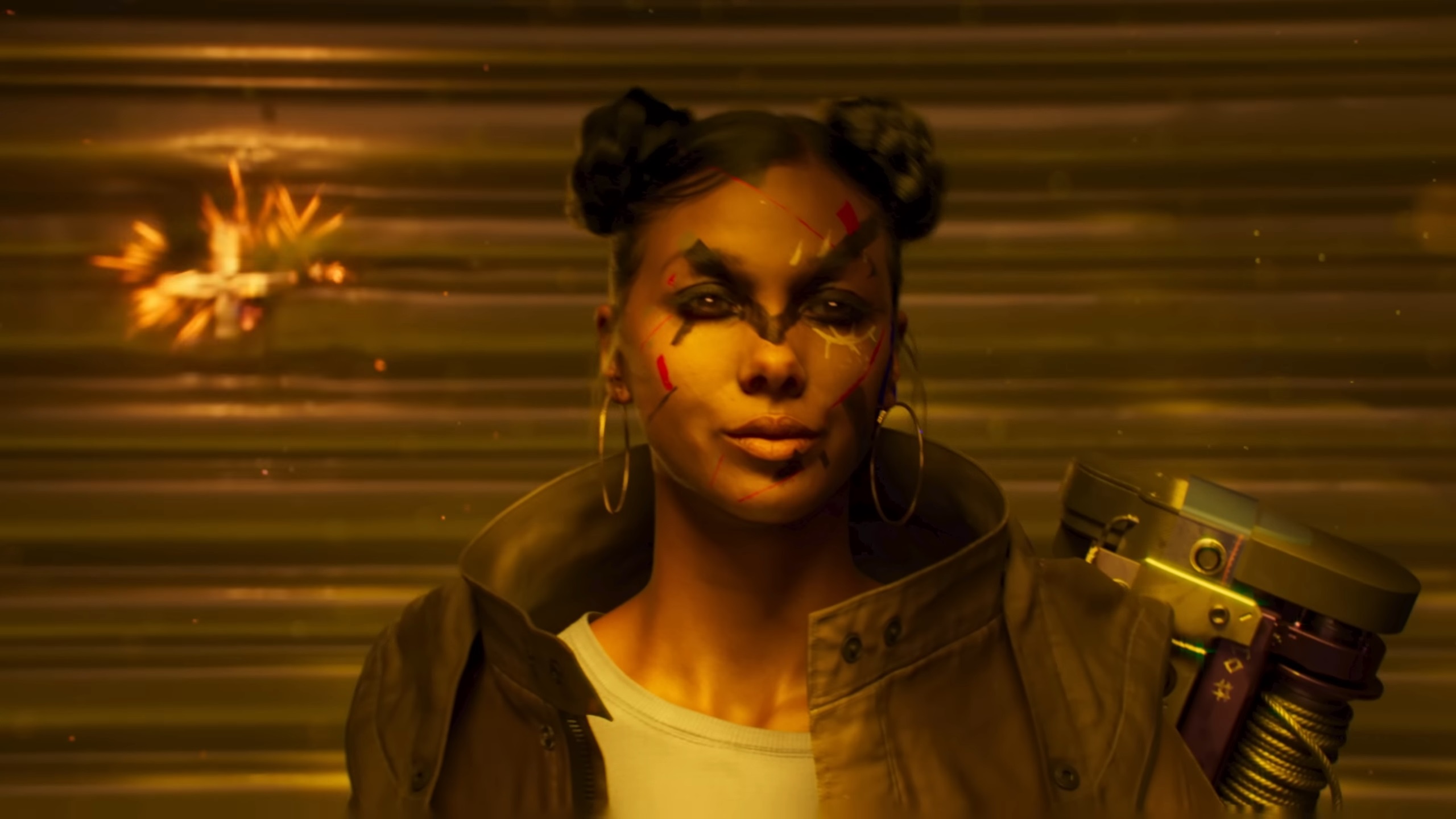Assassin's Creed creator and MMO veteran sound off about AI in game dev: "The money is still going to drive absolutely everybody to do it"
With the growing impact of controversial AI-generated content, many game companies are debating and exploring the potential uses it could have for the video games of the future.
In a recent issue of Edge Magazine, former lead producer on Assassin's Creed and current head of Haven Studios, Jade Raymond, joined Everquest 2 co-director Raph Koster for a chat about the uses of AI content in AAA game development. They believe that AI content in gaming will happen regardless of public opinion as companies invest in new technology to facilitate game development.
In the Edge magazine interview, Raymond, now developing the PS5-exclusive shooter Fairgames at Haven, argues that AI content generation could have value in the initial R&D phase of development, potentially offsetting growing budgets and shrinking schedules into more manageable timeframes.
"AAA games have gone from taking teams of 50 people two years to make to now sometimes taking teams of hundreds of people more than ten years to make," she said. "At Haven, one way we are evolving to improve our production processes is through investing in R&D around generative AI and machine learning, in the belief these technologies will eventually help game developers reverse that trend, and unlock more creativity from developers and players alike."

The interviewees point to the massive cost of game development – especially within the AAA space – as a growing problem. With AI content creation, many companies are looking to the rapidly growing technology to shrink budgets, potentially reduce the number of developers needed to make games, and release games faster.
Koster focuses on the growing tension within the industry around the size of game budgets. Despite much skepticism towards AI-generated content - especially within creative fields such as film, television, and game dev - Koster believes that companies will move towards them because they offer a potential solution to growing expenses.
"Developers hate it, many players dislike it, there's a general current against it, and the money is still going to drive absolutely everybody to do it, because otherwise the cost curves are not sustainable," said Koster.
With AI generative tools rapidly evolving, they may yet become more standardized in the years ahead. For now, Koster reckons its impact won't be felt much narratively, as he believes that AI "suck at generating plots" and is only adequate for outputting simple phrases and "barks" used by characters in games. Raymond, however, views the growing technology as a potential boon for game development which could manifest within the next few decades. As more gamers enter old age, they'll be looking to gaming in their senior years to find more unique experiences.
"I believe that this will open up the market for a new type of mass-market game tailored to the needs of retired gamers," Raymond says. "Multiplayer games that are designed to be experienced and played across generations could be a new trend. Immersive games built to learn and develop hobby skills like gardening could be another niche. Designing games to meet the needs of a mass market of retirees is kind of fun to imagine and not the target audience we currently focus on."
For more on the recent issue of Edge Magazine, including a Halo: Combat Evolved retrospective from its creators, check out a brief rundown of the issue.

No comments